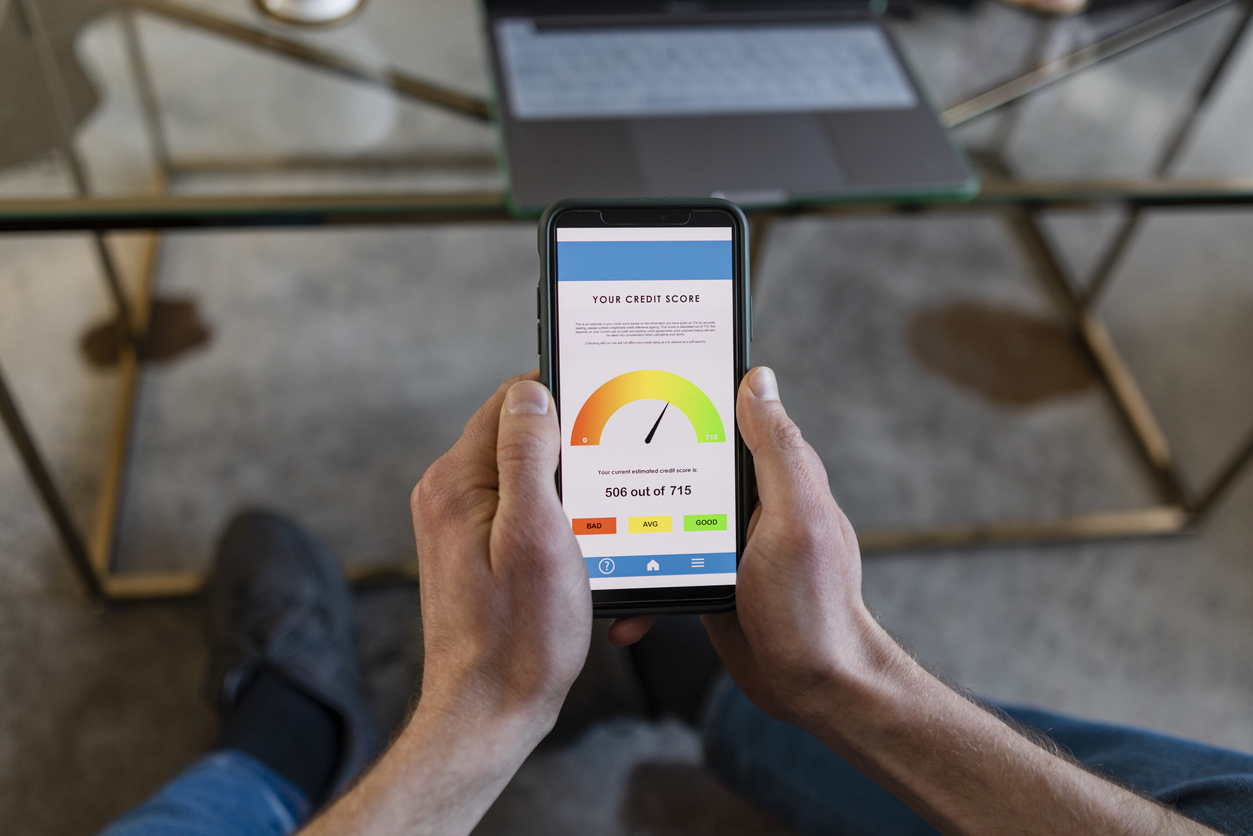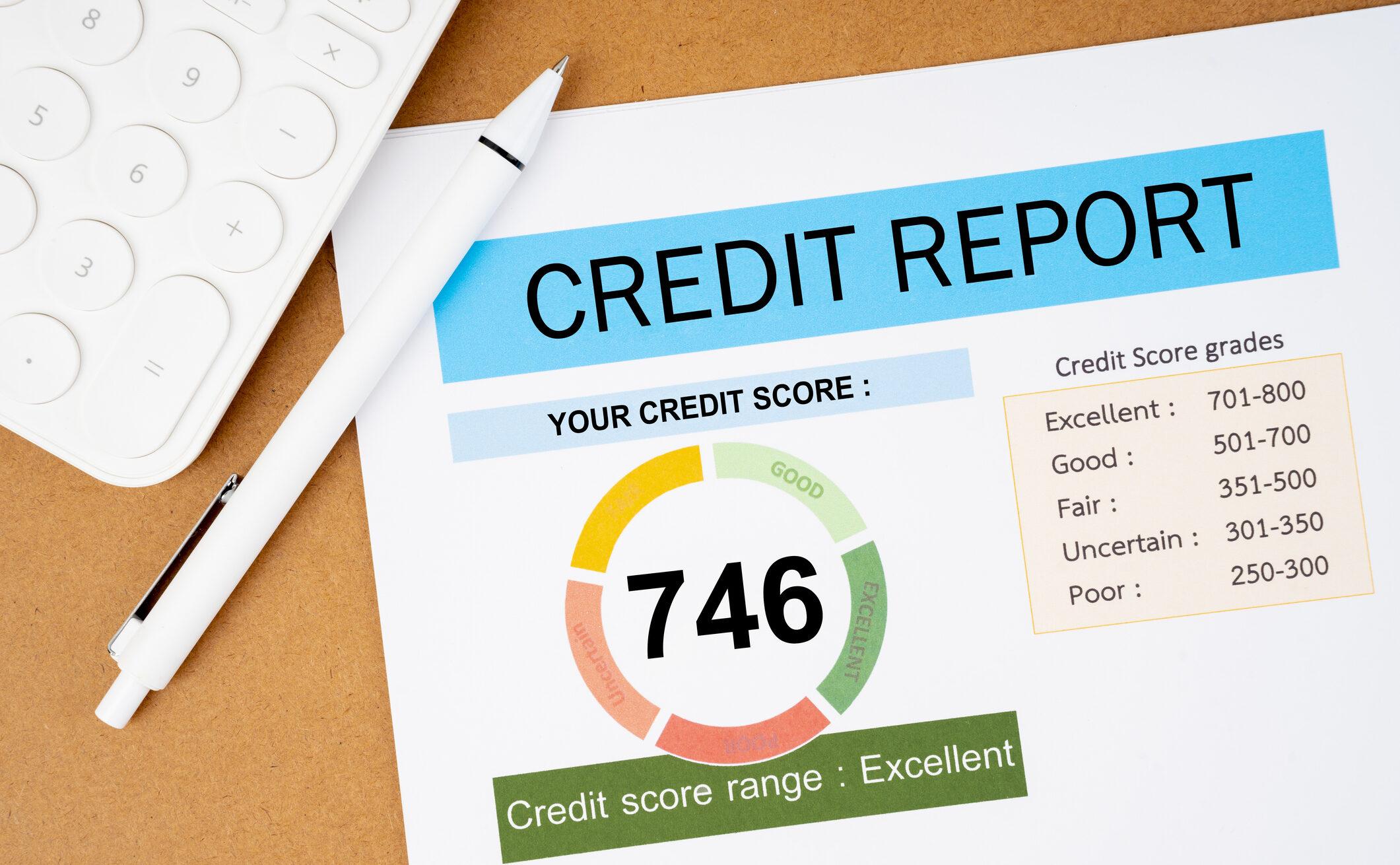
Looking to tap your home equity? Whether you want to access your equity through a loan-based option or a no-loan option, like a Home Equity Agreement (HEA), it’s a smart idea to understand what your credit profile looks like first.
Every provider will evaluate your credit profile before deciding whether to extend cash to you, how much, and in the case of a loan option, the interest rate to offer you. In this overview, we’ll examine what is included in your credit profile and how you can review that information. We’ll also provide some tips to improving – or maintaining – your credit profile.
What is a credit profile?
Your credit profile is a comprehensive record of all your credit activities, showing how you use credit. It’s a picture of all the credit accounts you have and have had; your payment history on those accounts; a listing of all inquiries made about your credit; approvals or denials on any credit you’ve ever applied for; and usually, employment history.
What is a credit report?
All the information in a credit profile appears in an individual’s credit reports. There are three major credit reporting agencies (Equifax, Experian and TransUnion) that compile the information. Each creates its own credit reports.
Lenders and other companies can look at your credit reports to get an idea of how responsible you will be with future payments. Importantly, the credit reporting agencies use the information in the reports to develop credit scores. So, you definitely want to make sure the information in your credit reports is correct.
To do that, you’ll need to review your reports. Everyone can get a copy of their report from each of the three agencies as often as once a week for free. Go to annualcreditreport.com or call 877-322- 8228 to request them. Review carefully, and if you find any errors, follow the directions on each agency’s website to get them corrected.
What is a credit score?
A credit score is a number between 300 and 850 that measures your creditworthiness, based on your credit history. Low is bad, high is good – though it’s certainly not necessary to have a “perfect” score of 850!
Equifax, TransUnion and Experian – those three major reporting agencies – each calculate their own credit scores based on information they have collected for consumers’ credit reports. Each is working from the same information, but since each has its own formula, credit scores will be slightly different from each of the companies.
Another organization, FICO (originally Fair, Isaac and Company), also looks at the information on consumers’ Equifax, Experian and TransUnion credit reports, and uses its own algorithm to calculate its own credit score. Different lenders and other providers look at different scores; some will make decisions based solely on a FICO score. Again, while the various companies’ algorithms are all slightly different, your scores should be relatively similar among all of them.
Credit reports don’t include credit scores. To see your scores, you can check with your bank, credit union or credit card issuer, as many provide scores to customers at no charge. You can also buy your FICO score for a nominal fee at FICO.com.
Why is your credit profile important?
If you want to access your home equity, you’ll either be working with a lender – for a loan, such as a home equity loan, home equity line of credit or cash-out refinance – or an HEA provider for a no-loan option. In all cases, those companies will check your credit reports and credit scores to assess how financially responsible you are, and how likely you are to make your payments (in the case of a loan). For loan options, lenders will also base the interest rate they offer you on your credit score.
Because it’s not a loan, an HEA doesn’t have any interest payments, so HEA providers don’t consider credit scores in the same way as it would be by a traditional lender. In fact, you can qualify for an HEA with a credit score as low as 500. However, a higher credit score could allow you to access more funds for a cheaper price.
How to improve your credit profile
If you’re eager to access your home equity – especially through a home equity loan or home equity line of credit – it can pay to get your credit in the best possible shape you can. If your credit profile could use some work, or if you want to keep it looking stellar, follow these steps.
- Use your credit card. Remember that the credit reporting agencies look to payment history to determine how borrowers will do going forward. If you never borrow, you’ll have no history. One card is plenty!
- Use the credit card, but not too much. In other words, keep your utilization low. That’s the percent of your “available credit” you actually use. There’s no magic number, but it’s best to keep it as low as you can.
- Don’t depend solely on a debit card. Debit cards can help avoid overspending, as you cannot spend more than you have in your bank account. However, they don’t factor into credit scores.
- Pay every bill one time, not just credit card bills. On-time payments account for 35% of credit score calculations.
- Keep your credit accounts open. The length of time you keep an account open is important, as it’s weighted considerably in credit score calculations. If you don’t want to use a card, put it away in a safe place, but think very carefully before closing the actual account.
- Set a budget. This should help prevent you from overspending and taking on more debt – particuarly credit card debt.
Conclusion
Check your credit reports and scores to fully understand what a lender, HEA provider – or other company – will see. Understand that what’s included in your reports, and where your score falls, will have an important part to play in whether and how you can access your home equity. And in the case of an equity-based loan, while you may be able to get the loan, you may not qualify for the best interest rate if your credit is damaged. For the best results possible, plan ahead and work to improve your credit profile.
The blog articles published by Unlock Technologies are available for general informational purposes only. They are not legal or financial advice, and should not be used as a substitute for legal or financial advice from a licensed attorney, tax, or financial professional. Unlock does not endorse and is not responsible for any content, links, privacy policy, or security policy of any linked third-party websites.”


